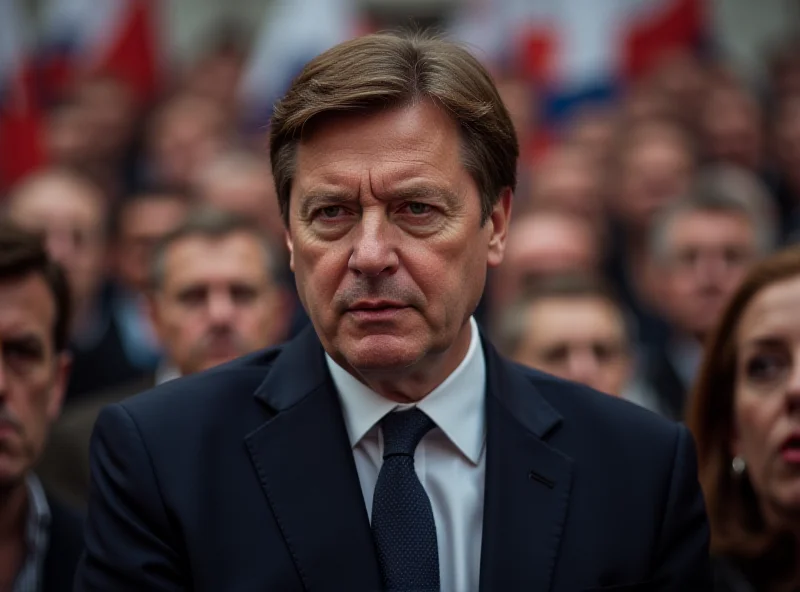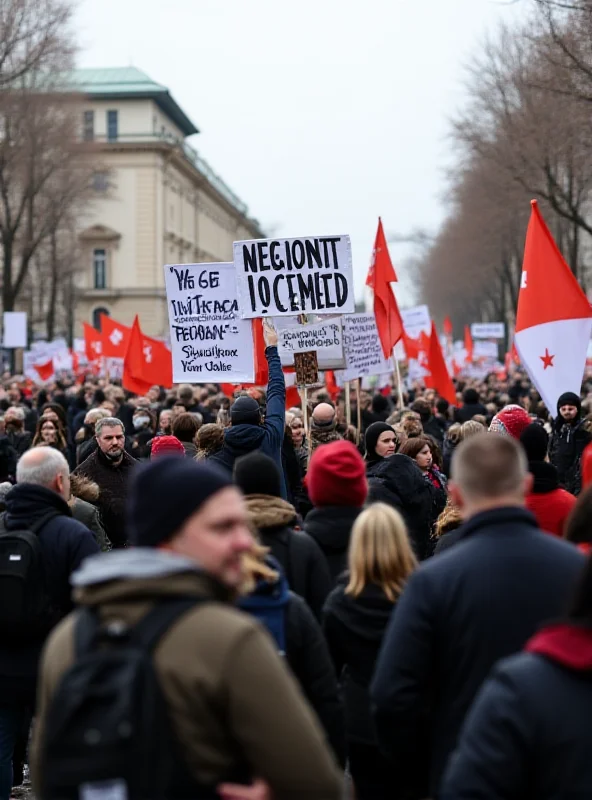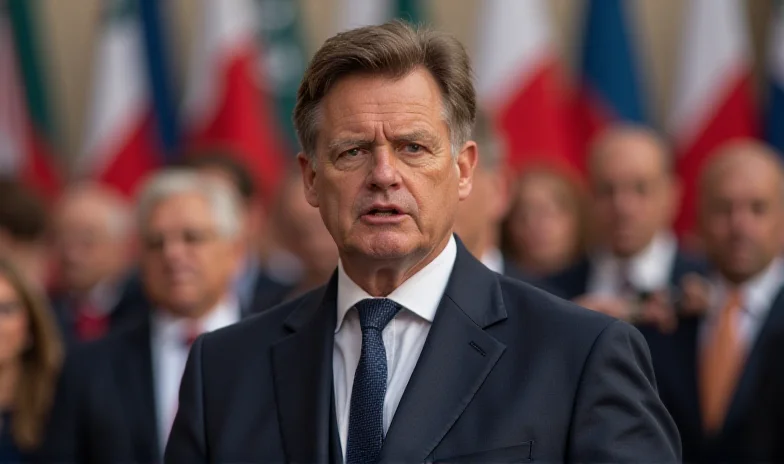Slovakian politics are heating up as Prime Minister Robert Fico finds himself facing a barrage of accusations and challenges. From alleged attacks orchestrated through NGOs to questions surrounding political deals, Fico's leadership is under intense scrutiny. Adding fuel to the fire, a group known as "Šimečkovci" appears determined to keep him from resting easy.

One of the key points of contention revolves around Fico's accusations against Michal Šimečka, specifically concerning Šimečka's mother. Critics argue that these accusations stand in stark contrast to the long list of "sins" attributed to Fico himself. This comparison raises questions about the fairness and validity of the Prime Minister's criticisms. Where did Slovakia get the most talented politician in the modern history of the country?
Accusations and NGOs
Adding another layer of complexity, Fico, reportedly emboldened by Elon Musk, has accused unnamed actors of launching an attack on Šimečka through NGOs. This claim has been met with skepticism, particularly as Šimečka has distanced himself from "Project Forum," a group potentially linked to the alleged attack. The lack of clarity surrounding these accusations has only intensified the political tensions.

"This support is nothing but a political deal."
The "Šimečkovci" Factor
The "Šimečkovci" group, whose exact nature remains somewhat ambiguous, is playing a significant role in the ongoing political drama. Multiple sources suggest that they are actively disrupting Fico's activities, preventing him from finding peace. This relentless pressure adds another layer of difficulty to Fico's already challenging situation.
Furthermore, reports indicate a resurgence of mafia influence in eastern Slovakia. While not directly linked to the accusations against Fico, this development creates a climate of instability and uncertainty, further complicating the political landscape.

Political Deals and Coalition Support
Amidst the accusations and challenges, Fico recently "saved the coalition," but this action has been widely criticized as a purely political deal. Observers argue that the support he provided was motivated by self-interest and strategic bargaining, rather than genuine commitment to the coalition's goals. This perception further undermines public trust and fuels the perception of political maneuvering.
The coming weeks will likely be crucial in determining the long-term impact of these accusations and political deals on Fico's leadership and the stability of the Slovakian government. The interplay between the accusations, the activities of the "Šimečkovci," and the shadow of organized crime creates a volatile and unpredictable political environment.
